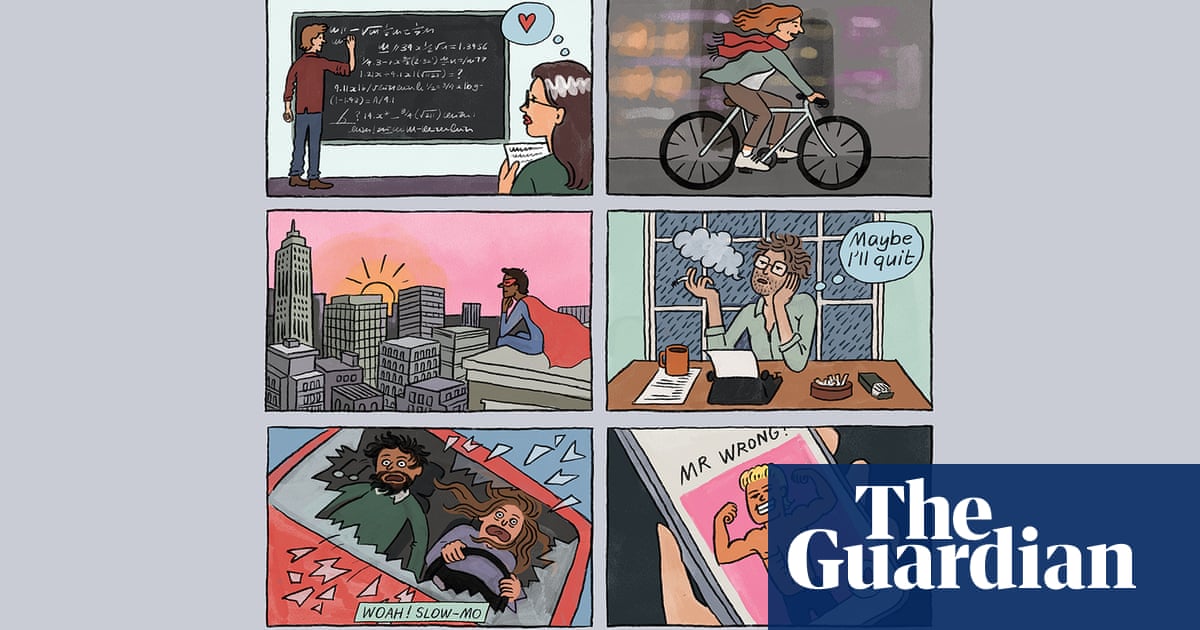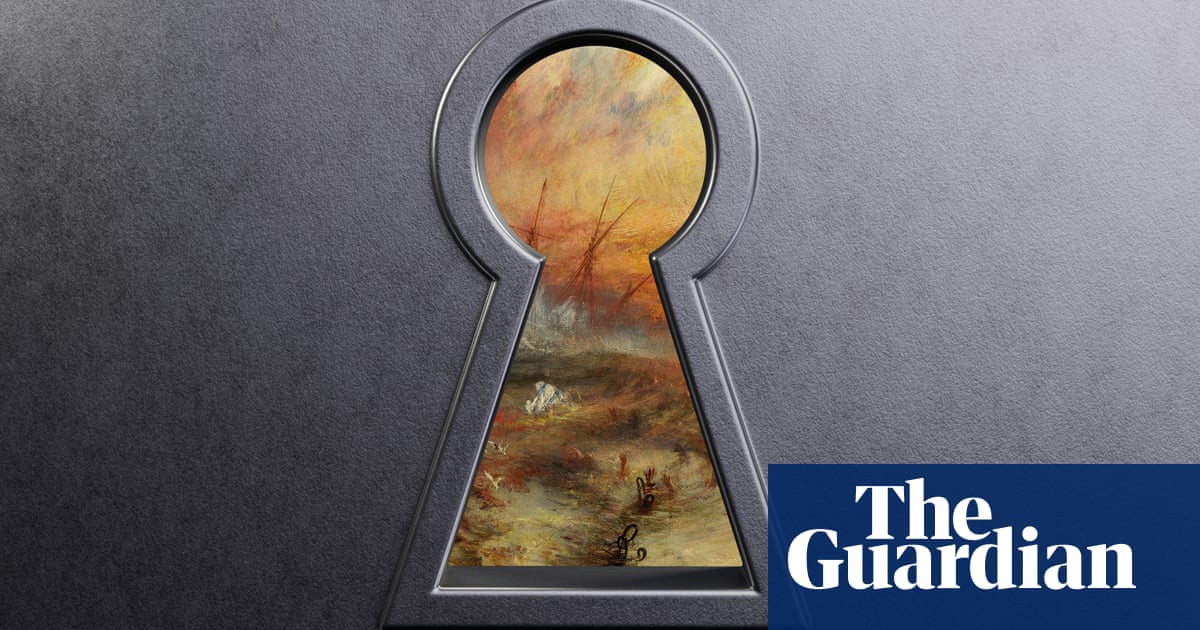
The vanishing smoking habit
The vanishing smoking habit is demonstrated by Tilda Swinton in Erick Zonca’s film Julia but also many others. A character is introduced in the very first scene as a “smoker”, often doing loads of “smoking” business, invariably to indicate that their lives are out of control and they are a bit of a screw-up. First thing in the morning and they’re blearily scrabbling around for cigarettes, lighting a fag with a shaky hand, often over a brimming ashtray in a scuzzy apartment with the blinds drawn. This is clearly someone with a serious three-pack-a-day habit. Then something dramatic happens, the plot kicks into gear, things get stressful and … they never touch a cigarette for the rest of the film. This is not exactly the effect that stress has on smokers in the real world.
It is the same thing, incidentally, with the vanishing booze habit, with characters established as haunted, troubled alcoholics, swigging booze first thing in the morning and then miraculously not needing to drink when the drama ramps up. Peter Bradshaw
Selfie shorthand
Virtually everyone takes selfies now. Your grandma, your 11-year-old niece, your suburban dad who just got a jazzy new sweater-vest. In the movies, though, the act of self-portraiture is lazy shorthand for vacuous, possibly Californian, young men and women, very likely to be dispatched sooner or later by a masked man with a machete. And, the implied logic goes, they deserve it too, because they took a picture of themselves with their phone. Catherine Bray
Pavement catharsis
Why is it that spiritually anguished millennials in films so often take to the street for a moment of self-delusion? Is it to put their problems in perspective? Or simply main character syndrome? I blame the canonical elder millennial text Frances Ha, whose best-remembered scene sees Greta Gerwig’s financially precarious aspiring modern dancer joyfully pirouetting along a Manhattan sidewalk to David Bowie’s Modern Love (itself a homage to Leos Carax’s Paris-set Mauvais Sang).
In Ira Sach’s Passages, arthouse film-maker and narcissistic menace Tomas (Franz Rogowski) speeds away from his problems on a bicycle. Having blown up not one but two relationships, he cycles aimlessly, pounding the pavements of Paris instead of confronting his reality. In The Worst Person in the World, photographer Julie (Renate Reinsve) takes a second to imagine a different life for herself: the world around her literally freezes as she races exuberantly through downtown Oslo, hurtling towards a fantasy. These bursts of emotion are a shortcut to a feeling. Cities! Aren’t they just so bloody cinematic! Simran Hans
Droning on
In La Haine, an early sign that director Mathieu Kassovitz is not here to mess around comes with a staggering aerial shot taking in, seemingly, all of life in the cité – made all the more majestic by the fact that nowadays you would just bring in your least sociable nephew to do it with a drone for two tenners and a slice of pizza.
The drone shot, used mostly for meaningless interstitial scenes and calling attention to their drabness in all the worst ways, has become one of the worst cliches of modern cinema. Here is an overhead of … a car driving down a very straight road! Here’s a forest … filmed from above! Cinema’s pioneers swooped and whooshed all over the place with cameras the weight of a car, but in the age of content we have the ability to slowly rise in a steady line for two minutes. Progress! Caspar Salmon
The nerd supremacy
In the early 2000s the nerd was a pitiable figure, often cast as the foil to the sporty lead. But by the 2010s – perhaps due to the ascendancy of Silicon Valley, and Barack Obama’s charismatic technocracy replacing the “human beings and fish can coexist” dufferism of George W Bush – the nerds were in the lead. They were billionaire playboys (Marvel’s Tony Stark), dangerous wunderkinds (The Social Network), high-concept science men (many a Christopher Nolan film). They were often seen writing inscrutable equations on boards, entangled with women who were beautiful and intelligent (but not as intelligent), and offending nearly everyone in their wake, but it didn’t matter, because they had vision.
We now live in a time dominated by the archetype, and it is not very fun. The “cool smart guy” film is often quick to indulge the self-mythology of its protagonist – it is so lonely, being a genius – but portents can be seen. Or as Rooney Mara, playing a Harvard undergraduate, says to Jesse Eisenberg’s Mark Zuckerberg in The Social Network: “You’re going to go through life thinking that girls don’t like you because you’re a nerd. And I want you to know, from the bottom of my heart, that that won’t be true. It will be because you’re an asshole.” Rebecca Liu
Never ‘appily’ ever after
Anyone who has ever swiped right on a dating app can attest to the gnarly horrors that can sometimes follow, but too many screenwriters have found themselves unable to see past the grim to focus on the good. When Tinder – or, more often, some cheap we-can’t-get-the-rights imitation called DateMatch or Flirter – is used on screen, it’s a cruel way to poke fun at those on it, a parade of ghoulish cartoons existing only to push our lead back into the real world, where people are, of course, historically totally normal.
Whether it’s a catfishing liar or a sex-obsessed bro, we’re only ever seeing worst-case scenarios, dialled up past 11. With two in every five couples now meeting digitally, it’s a strangely dated and annoyingly alarmist trope, seemingly created by someone who has been married since a time before smartphones, smugly judging from up high. Benjamin Lee
The surprise car crash
Beware any scene set inside a car where nothing much seems to be happening, especially if the driver keeps taking their eyes off the road to talk to a passenger, check on the kids, fiddle with the radio or get upset during a phone call (which they shouldn’t be making anyway if they’re behind the wheel). This is often a prelude to the surprise car crash, in which another vehicle pops up out of nowhere (Adaptation, Whiplash, No Country for Old Men, The Age of Adaline, 10 Cloverfield Lane, The Mother). Cue in-car weightless spinning, shattering glass, actor making oooh-aaagh faces in slo-mo (Benedict Cumberbatch in Doctor Strange, Colin Farrell in The Batman). Bonus points if someone ends up helplessly hanging upside down from their seatbelt. Extra bonus points if the victims are the protagonist’s parents (Baby Driver, X-Men: Dark Phoenix, M3gan), thus providing a tragic backstory. Anne Bilson
Raised elevation
You’re a superhero. You have an awesome responsibility to yourself and society, and you can’t tell anyone. It’s lonely, you’re misunderstood and the press is breathing down your neck. What do you do to relieve yourself of this crushing burden? Why, you locate the tallest building in the city, find a prominent ledge on or near its roof and … gaze. Moodily. With a god’s-eye view of the teeming anthill of humanity that you must defend. For you are Spider-Man, or possibly Batman, or maybe Gwen Stacy in Across the Spider-Verse. We get it. It’s tough being a superhero. But no one’s forcing you to do it. And you’re not real anyway. So enough with the histrionics, for all our sakes. Andrew Pulver
Quirky text messages
Once, many years ago, it was inventive to work text messaging into film and TV. The prep-schoolers of Gossip Girl or the teens of Scott Pilgrim vs the World tapping away on their phones – so with the times! But since then, the art of onscreen texting has remained mostly frozen in a dated uncanny valley of coloured bubbles added in post-production. To be fair, digital messaging, inert and silent, is pretty uncinematic. The formal convention of text on screen – you know, the little blurb boxes that appear next to a character – made sense: it was efficient, affordable and allowed the focus to stay on an actor’s face.
But it has become a scourge of immediate visual cheapening. I cannot watch another romcom or teen show, especially of the Netflix variety, with hokey text bubbles or weird fonts that bear no resemblance to the phone screens seared into our brains, especially if it’s just to get a character to a party. Just show the actual phone at this point, or demonstrate the fraught bond between human character and screen (Bo Burnham’s Eighth Grade offers a great example). Texts are essential and tricky but surely there is a better way. Adrian Horton
Moronic influencers
It has become undeniably harder for cinema to designate entire groups of people as villainous or entirely lacking in redeeming qualities. So the advent of the social-media influencer – currently easy shorthand for stupid, self-obsessed, venal, fake and quite possibly criminal – has been a plus for everyone who likes a cinematic whipping-boy or -girl. But with the likes of Glass Onion: A Knives Out Mystery, Sweat, Influencer and Not Okay going in hard, it’s starting to look like shooting digital fish in a barrel. One telling indication is that, despite the pile-on, there has not yet been a truly memorable on-screen influencer character (Triangle of Sadness is the closest so far). No one’s saying this shallow pool doesn’t merit peeing in, but more nuanced portrayals would be nice, too. Phil Hoad
Ex in the city
You know that thing when you live in a densely populated city and still run into your (narratively) most significant ex at the exact right (for the plot) moment? Me neither. I’d sometimes fantasise, usually hair-related, about running into an ex during my two decades in London (population: 9 million). And did I? Not once. But Carrie did it in Sex and the City 2, running into Aidan (who dribbled: “This is the best mirage that I’ve ever had”) in Abu Dhabi, population 1.5 million, just when her marriage to Big hit a bump. In fact, Carrie Bradshaw had form in the TV series: seeing Big when she was just getting over him by getting under the New Yankee. Peter did it in Forgetting Sarah Marshall, coincidentally booking into the same resort in Hawaii.
This isn’t a new cliche, of course, but you’d think in a time of permanent online surveillance it would be easy to avoid someone you actively never want to see again. See, I prefer a film that deals with the reality: the committed effort to find an ex (The Godfather, Brokeback Mountain, er, Kill Bill). Now that’s love. Terri White












